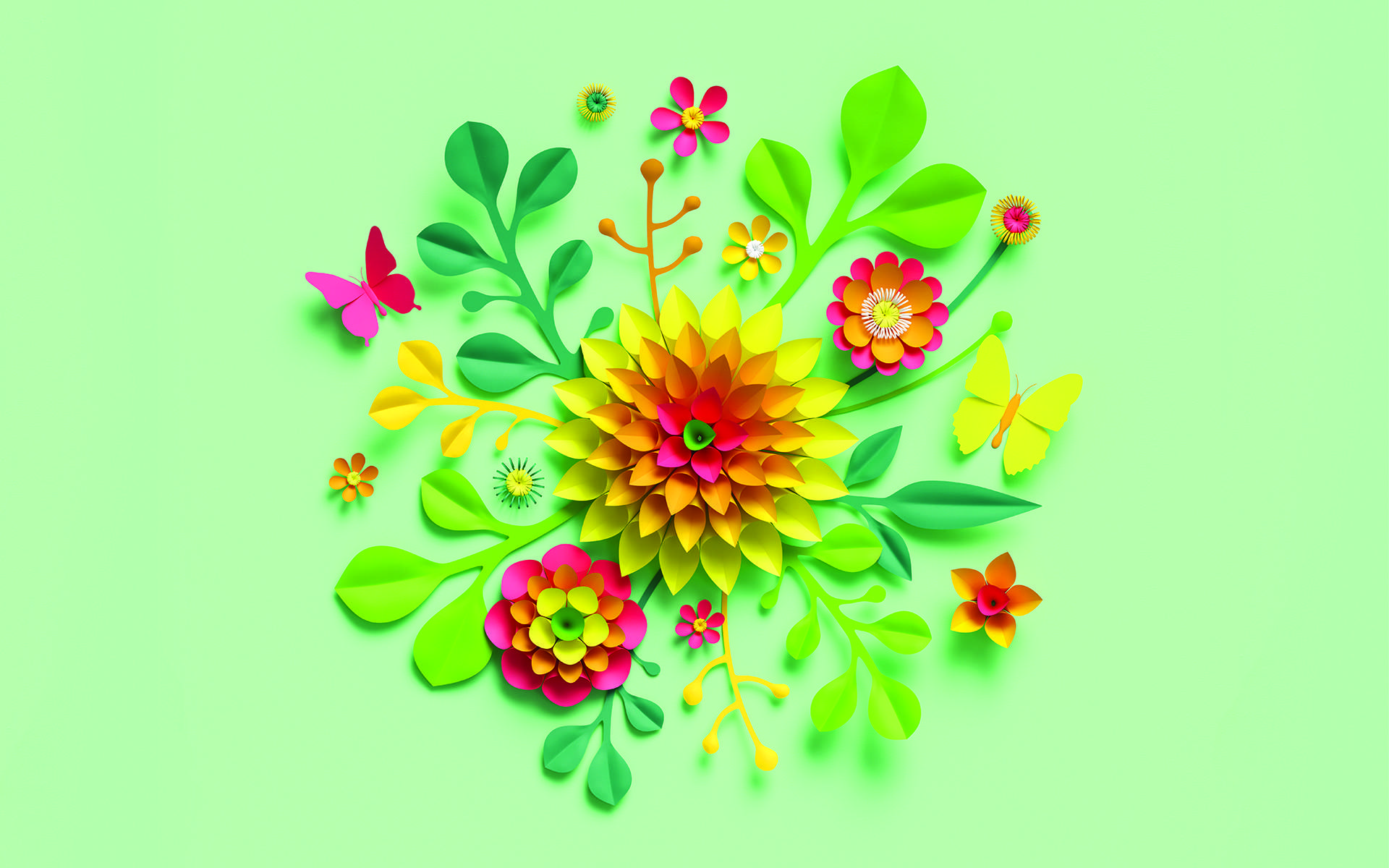Empathy gives us the ability to understand the viewpoints and feelings of others. While empathy is important, it falls short of compassion. You can understand the feelings of a friend, a relative, or an acquaintance while still feeling bitterness or resentment toward them. Compassion adds love and caring to the equation. It arises when we combine our ability to empathize with others with a heartfelt sense of love.
In its ideal form, compassion has no boundaries. It goes beyond extending loving-kindness to your inner circle of friends, family members, and other loved ones. Compassion is the art of loving all beings—even those who would seek to do us harm. It’s also about opening to love ourselves, even those hard-to-reach corners of our being.
Compassion is the art of loving all beings—even those who would seek to do us harm. It’s also about opening to love ourselves, even those hard-to-reach corners of our being.
Similar to gratitude, compassion is something we have all encountered. Whether it was in a moment of crisis or following the death of a loved one, you have no doubt experienced it from others. You have also likely shared this state of empathetic love with others and at times with yourself.
We all understand the importance and benefits of compassion. Yet in the midst of everyday life, compassion is one of the most difficult states to access. For instance, while you are standing in an hour-long line at the Department of Motor Vehicles, it’s often unnatural and outside of our habit patterns to care for the people ahead of us in line or for those working the counter.
While we are juggling the many demands of modern life, it’s easy to forget that we have access to this powerful state. We often overlook the needs of others, not due to ill will but because we are just too busy or distracted to make a connection. This is the challenge that we all face when building the habit of compassion. While we may want to feel more compassion for others, the busyness of our schedules—and our own minds—distracts us.
The Science of Compassion
Recent studies in neuroscience have revealed the power of compassion. It turns out that practicing compassion is not only the right thing to do. It’s a way to rewire the very structure of the brain for enhanced resilience and overall well-being.
Let’s consider one of the most recent neuroscience experiments on compassion. Led by Helen Weng, researchers used functional MRIs to measure the brain activity of participants viewing images of human suffering. Participants were given thirty minutes per day of training in compassion meditation, and the researchers took measurements at the beginning of the study and two weeks later.
They found that the brain activity of the subject group had shifted radically. As they observed, “Those who had undergone training in compassion meditation showed striking changes in brain function, particularly in the amygdala.” The amygdala is the section of the brain that controls our fight-or-flight response. Reduced activation in this region indicated that compassion meditation had enabled participants to feel less distress. The subjects also displayed increased altruistic behavior and increased activation in the regions of the brain involved in social cognition and emotional regulation.
It’s easy to get lost in the details of these scientific studies. But the big insight here is that by practicing compassion meditation for a short time—as little as two weeks—you can positively change your brain. With continued practice, this leads to experiencing an ongoing state of compassion in your life and creates a powerful virtuous cycle. Compassion helps you live with a more positive outlook, which in turn helps you become more loving and empathetic toward others. Finally, you may be pleasantly surprised to find that as you become more caring in your interactions with others, people become more caring and kind toward you.
How to Cultivate Compassion Every Day
You can use formal and informal practices to help make compassion a habit. The first is a formal compassion meditation practice. This is an age old practice that will help you shift your mental state from stress or irritation to the experience of loving-kindness. In fact, this is the very same practice that researchers have found changes patterns of brain activity in as little as two weeks.
The second is an informal practice to shift your attention toward compassion each day. Like other practices, the best way to turn this into a habit is to set up a cue—an everyday reminder to shift to compassion.
We recommend trying it when you leave your house or apartment. But you can also choose any number of other cues— starting your car, waiting for a bus or train, or standing in line at the store or airport. The key is to pick a moment when you are about to interact with others and it’s likely that you’ll slip out of kindness and into states like anxiety, irritation, or anger. Here’s how to do it:
Step 1: Notice
When you encounter this cue, just notice your current state. Notice any thoughts or feelings that are arising toward others. You might notice the mind’s natural tendency to view others with a negative bias.
Step 2: Shift
When you notice this absence of compassion, shift. Shifting doesn’t require that you meditate for thirty minutes. It doesn’t require that you hang up the phone or leave the meeting you are in. You can make this shift instantly in the midst of your daily life.
The best, most efficient way to shift, is by sending a simple wish toward the people you are about to encounter in your day: “may you be well.” This can be as easy as repeating this phrase in your mind and feeling your body flood with the experience of love and kindness.
Step 3: Rewire
The final step is to take a brief moment—just fifteen to thirty seconds—to savor the feeling of compassion. Let this felt experience that compassion evokes in your mind and body sink in. Notice the difference between this experience of compassion and the experience of anger, irritation, or contempt. Encode this experience deep in the neural connections of the brain; allow the neurons of compassion that fire together to begin to wire together. Live in a state of kindness and compassion.
Adapted from Start Here: Master the Lifelong Habit of Wellbeing by Eric Langshur and Nate Klemp, PhD.
Read more
3 Guided Meditations to Deepen Into Loving-Kindness
Loving-kindness meditation can help us to awaken to how connected we all are. You don’t have to like everybody, or agree with everything they do—but you can open up to the possibility of caring for them.
Read More
True Freedom: Caring Deeply Without Striving
When we awaken our fearless heart and honor our desire to be in communion with others—valuing connection over control—joy emerges of its own accord.
Read More
6 Ways to Build a Culture of Compassion
Scott Shute, the former head of Mindfulness and Compassion at LinkedIn, shares a few simple gestures that can help foster compassion in our workplaces, families, and communities.
Read More









